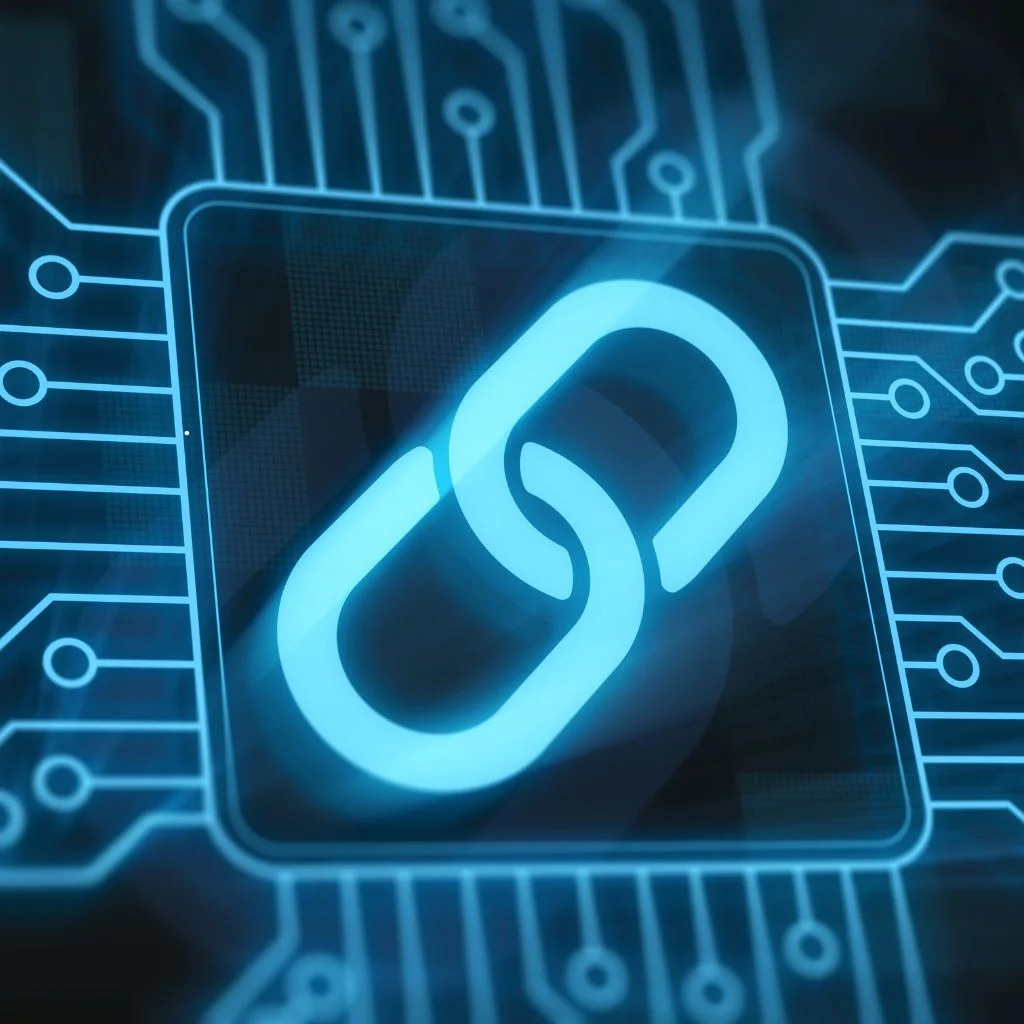Blockchain in Medical Billing:
A Game Changer?
Medical billing is key in healthcare. It ensures that transactions are accurate between patients, providers, and insurance companies. However, traditional billing processes face challenges such as fraud, inefficiencies, and errors. Blockchain technology offers a new way to tackle these problems. It promises better security, transparency, and efficiency in medical billing.
What is blockchain in medical billing?
Blockchain is a digital ledger. The system decentralizes and securely records transactions. This makes it transparent. Each record, or block, links to the previous one, making it nearly impossible to alter past data. This technology is becoming popular in healthcare. It boosts data security and simplifies financial transactions.
How blockchain is transforming medical billing.
1. Enhanced Security and Fraud Prevention
One major challenge in medical billing is fraud. Someone is accessing data without authorization. Blockchain protects billing data using encryption and decentralized storage. This makes it hard for hackers and fraudsters to get in. The system records every transaction with a timestamp, ensuring accuracy and accountability.
2. Reduced billing errors
Errors in medical billing can lead to claim denials and financial losses. Blockchain allows quick checks of billing codes and insurance details. This cuts down on human errors and makes claim submissions more accurate.
3. Faster claims processing
Traditional claim processing involves multiple intermediaries, leading to delays and increased administrative costs. Blockchain automates claim verification and approval, enabling faster reimbursements and reducing paperwork.
4. Improved Transparency
Patients, healthcare providers, and insurers can easily access info through a blockchain network. This transparency eliminates disputes and enhances trust among all stakeholders.


Challenges of Implementing Blockchain
While blockchain offers numerous benefits, its adoption in medical billing comes with challenges:
1. Regulatory Compliance:
Ensuring compliance with healthcare regulations like HIPAA remains a key challenge.
2. Integration with Systems:
Many healthcare groups have outdated systems that can't support blockchain.
3. Initial Implementation Costs:
Setting up blockchain infrastructure requires investment in technology and training.
How Blockchain Works in Medical Billing
Patient Data Encryption: Blockchain keeps patient records safe. Only authorized users can see billing information.
Smart Contracts: These automated contracts handle billing between providers and insurers. This cuts down on manual paperwork.
Real-Time Claim Verification: Blockchain validates insurance coverage and claim eligibility without delay.
Decentralized Ledger Updates: The system maintains a precise record of all transactions. This lowers the chances of errors and fraud.
Challenges & Considerations
While blockchain offers promising solutions, there are challenges to adoption, including:
High implementation costs for healthcare providers.
Integration with existing medical billing systems
Regulatory compliance concerns.
Limited awareness and acceptance within the healthcare industry.
Blockchain can change medical billing. It makes the process more secure, efficient, and clear. More people are embracing these changes. So, healthcare providers and insurers will receive payments quicker. They will also experience fewer errors and less fraud. Blockchain may soon become a standard in medical billing. This could improve the healthcare experience, even though challenges remain.
Future of Blockchain in Medical Billing
Blockchain will be key in medical billing’s future, even with challenges ahead. As technology grows, more healthcare providers will use blockchain. This will boost security, efficiency, and reduce costs.

